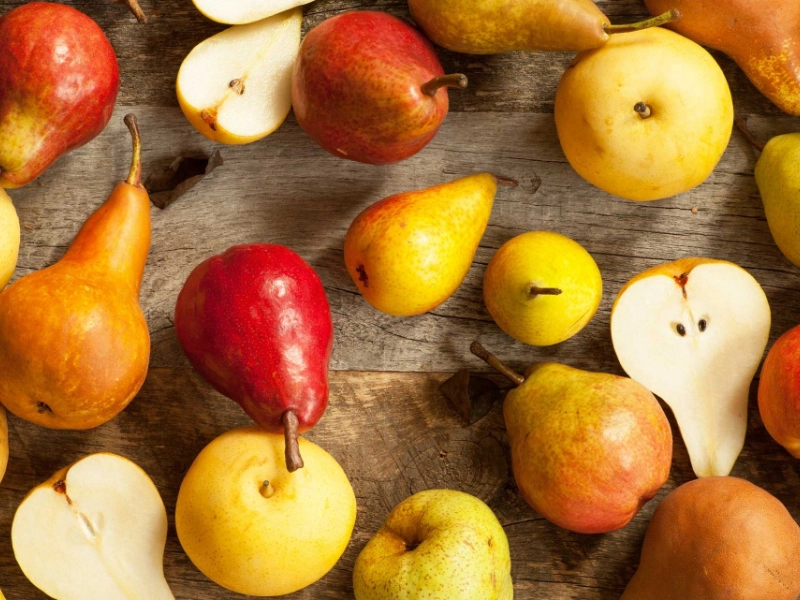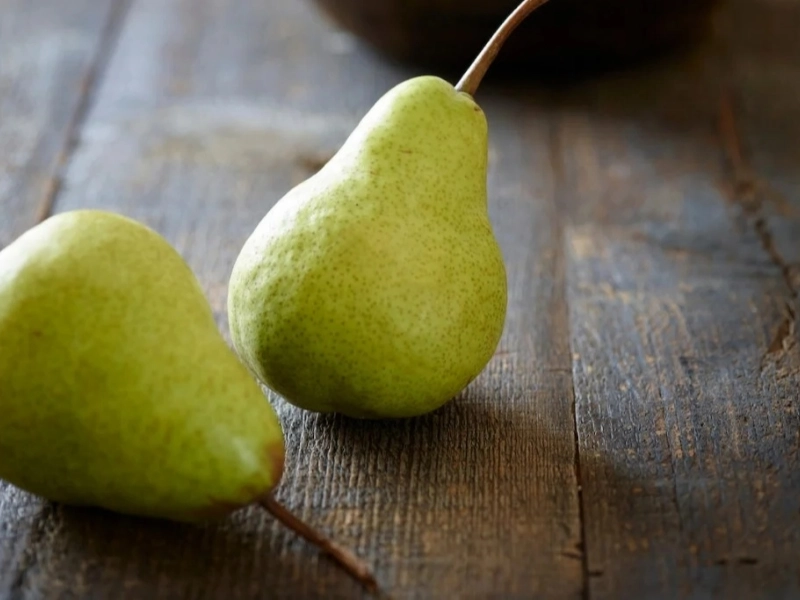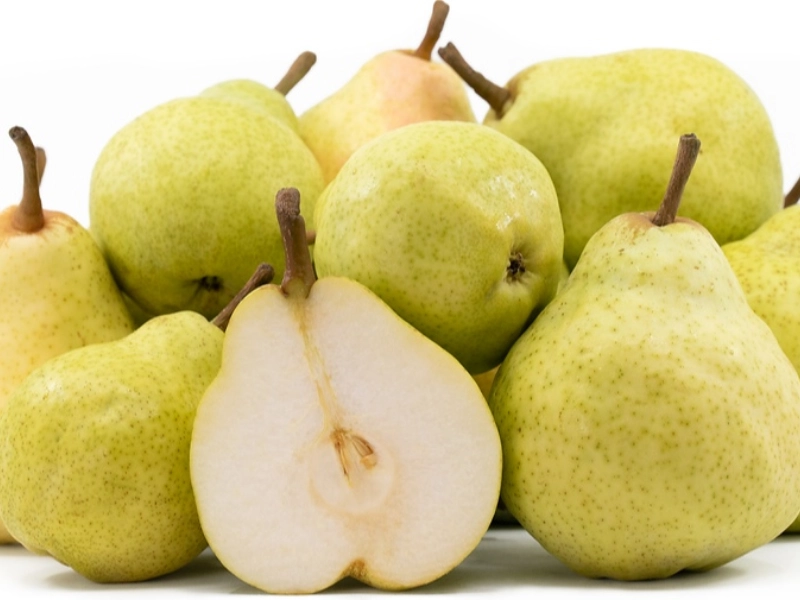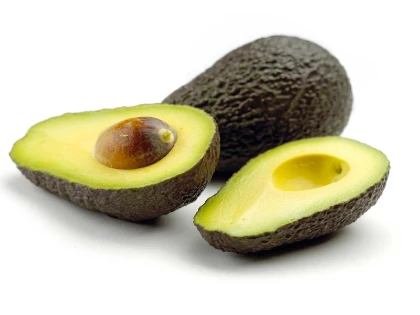Is Pear Bad For Uric Acid?
Maintaining normal uric acid levels and lowering the risk of gout can be achieved with a balanced diet and regular exercise. Consume a lot of fruits and vegetables, get enough water, and stay away from sugar-filled foods and beverages.
Additionally, meat and organ meats, full-fat dairy products, alcohol, and some seafood, such as shellfish and mackerel, should be avoided by those with elevated uric acid levels. Rather, kids ought to have a well-balanced diet consisting of fruits, veggies, and lean proteins.
Elevated in Urines

Pears are a great option for those with gout and other rheumatic conditions since they lower elevated uric acid levels. The inherent antioxidants in fruits aid in the reduction of joint pain, stiffness, and edema, as well as the battle against inflammation. Minerals like iron and copper, which are necessary for the body to operate correctly, are also found in pears. Elevated blood concentrations of these minerals shield the body against mineral deficits, which can lead to exhaustion, weakened muscles, and organ failure.
For gout sufferers, a low-purine diet is frequently advised in order to lessen the accumulation of uric acid crystals in the joints. Lean meat, fish, and chicken, together with whole grains, legumes, and vegetables, are suitable foods for a reduced-protein diet. Due to their modest purine concentration, pears should only be consumed in small amounts if you have gout.
Pears are a good source of phytonutrients like flavonoids, which are known to support a healthy metabolism and guard against chronic diseases like cancer and heart disease, in addition to their anti-inflammatory qualities. Pear skins, in particular, are a great place to find these nutrients.
Elevated fructose

Patients with gout can benefit from pears since they can help control their uric acid levels. Nonetheless, since pears naturally contain sugar, it is advised that they watch how much sugar they consume. It might induce a surge in uric acid levels if consumed in excess. They should also stay away from high-sugar foods and aerated beverages.
In addition to being anti-free radical, pears are good for the heart, blood sugar, and digestive system. They are also high in copper, folate, vitamin C, and fiber. They supply prebiotics, which ease constipation and encourage intestinal regularity. Additionally, they are a great source of quercetin, chlorogenic acid, and anthocyanins, which strengthen the immune system and fight a number of illnesses, including cancer.
Eating pears and other fruits with white flesh on a regular basis, such as apples, is a terrific way to strengthen your heart. It lowers blood pressure and cholesterol, which lowers the chance of stroke. They also lessen the risk of high blood sugar by controlling insulin.
Lots of Oxalates

Kidney stones are frequently caused by oxalates, a naturally occurring chemical. It combines with calcium to create oxalate crystals, which can grow and enlarge the kidneys. To lessen symptoms and stop flare-ups, people with gout or other rheumatic illnesses should stay away from foods high in oxalates.
Fresh pears and berries have moderate amounts of oxalates, but some fruits—such as dried apricots, figs, kiwi fruit, and plums—have significant quantities of these compounds. Orange juice, tomato juice, cranberry juice, and filter coffee are among the beverages with mild oxalates that can be savored in moderation.
Another nutrient that aids in the body's natural lowering of uric acid levels is folic acid. Lentils, sunflower seeds, and pinto beans are foods high in folic acid. Additionally, vitamin C lowers uric acid by dissolving it and expelling it from the body through urine. A uric acid diet might contain foods high in vitamin C, such as awla, papaya, capsicum, and green leafy vegetables.
Rich in vitamin C

Pears are abundant in vitamin C; hence, the proverb "a pear a day keeps the doctor away" is accurate. The vitamin aids in the body's defense against inflammation, which is linked to conditions including type 2 diabetes and heart disease. In order to prevent illness, it also fortifies your white blood cells and enhances your immune system. Potassium, which controls the body's fluid equilibrium, is also found in pears.
They also include iron and copper, which promote the synthesis of red blood cells and enhance circulation. Those who suffer from anemia or other mineral deficiencies can particularly benefit from this.
Pears also include anti-inflammatory terpenoids, polyphenols, and flavonoids, which protect your body from free radical damage. Antioxidants can enhance cardiovascular health by lowering cholesterol. In fact, eating more fruits, such as apples and pears, lowers the risk of stroke, according to a study done on over 20,000 adults.








